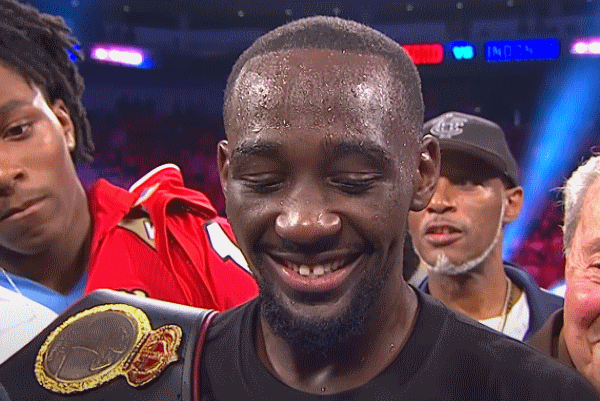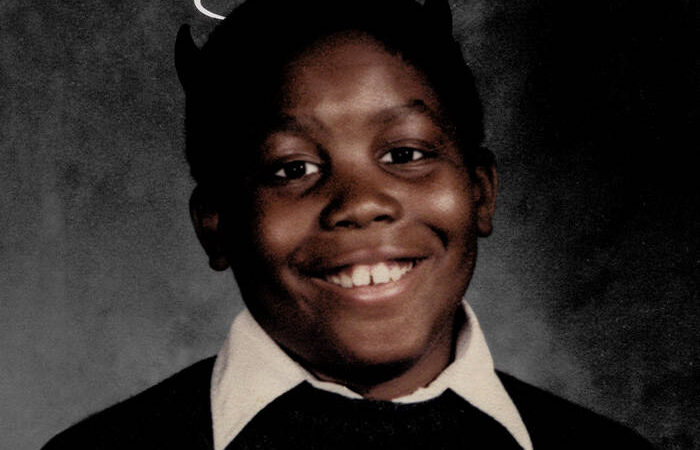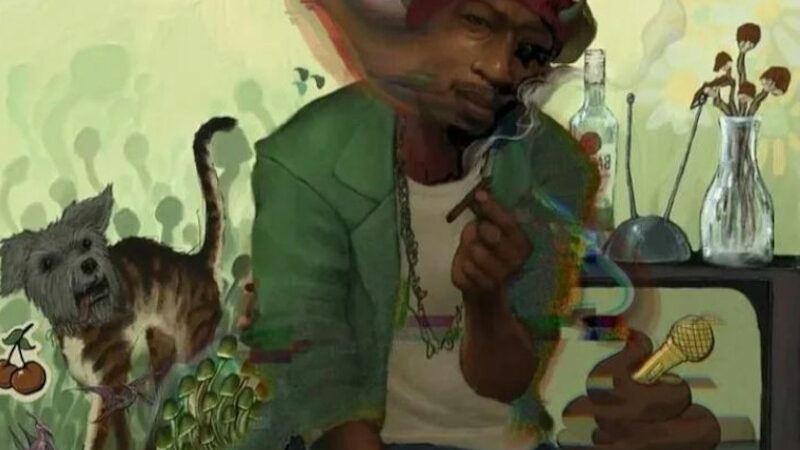The internet has changed the world in ways that can’t effectively be quantified yet. This is especially true for comic book fans. They are now courted by Hollywood and have the broadest platform imaginable from which to air their many grievances with said courtship. Any developing news in regards to the latest comic book adaptation is instantly reported and scrutinized to the nth degree. Even the best superhero films are subject to the whims of blogs and messageboards and fans whose sense of ownership and entitlement regarding genre properties defy all logic. Fans don’t realize that both they and Hollywood are in the midst of a superhero renaissance.
The main complaint that fans often have is that movie adaptations of their favorite characters and stories rarely show fidelity to the source material. While this is true, such views often stem from a certain level of ignorance on the part of fans. Comics and film are two different mediums with entirely different standards and requirements. What works on the page doesn’t always work on the screen. Sometimes certain things must be omitted or changed to ensure a smooth transition from one forum to the other. So long as the filmmakers retain the spirit and basic tenets of the property, everything else is fair game.
More to the point, a major motion picture can’t afford to have a narrow focus in regards to its audience. A film budgeted in the hundreds of millions has to appeal to the widest demographic possible if it hopes to turn a profit. The core fans should always be taken into consideration, but they are but one of many groups that filmmakers and studios must please if they want to be successful.
Besides, faithful adaptations don’t always equal great or even good cinema. Case in point: for all of the complaints to the contrary, Tim Burton’s 1989 Batman film referenced the early comics heavily. Some of the visuals were virtual facsimiles of panels drawn by Bob Kane. The plot, especially in the first act, incorporated elements of “The Case of The Chemical Syndicate,” which was the first Batman story ever. The Joker’s origin was largely taken from “The Man Behind the Red Hood” a story that appeared in issue #168 of Detective Comics. Sounds like the makings of a great superhero movie, right? The film is undeniably a visual feast, thanks to late production designer Anton Furst. It also has a rousing Danny Elfman score and an iconic performance by Jack Nicholson. Despite such merits, it hasn’t aged well. The title character was miscast, and seems to have been added as an afterthought. The fight scenes feel perfunctory and the story often feels like a series of disconnected vignettes strung together. None of these flaws have a damn thing to do with fidelity to the source material.
 For good measure, let’s compare recent comic book cinema to all previous eras. Richard Donner’s 1978 adaptation of Superman started things off with a bang. It was executed amazingly well, making a star out of Christopher Reeve, who became so associated with the titular character that almost every live action iteration of Superman released since has been met with a lukewarm response by fans. After the arguably even better sequel, the series rapidly declined. The first wave of Batman films, released over a decade later, followed a similar pattern. Marvel characters fared much worse doing this time period, being relegated to laughable TV movies and mediocre cartoons. 1989 had Dolph Lundergren suiting up as a skull-less Punisher. The Captain America film that got released direct to video in in 1992 was equally as bad as its made-for-TV forerunners. The less said about the Roger Corman produced (and still officially unreleased) Fantastic Four movie the better.
For good measure, let’s compare recent comic book cinema to all previous eras. Richard Donner’s 1978 adaptation of Superman started things off with a bang. It was executed amazingly well, making a star out of Christopher Reeve, who became so associated with the titular character that almost every live action iteration of Superman released since has been met with a lukewarm response by fans. After the arguably even better sequel, the series rapidly declined. The first wave of Batman films, released over a decade later, followed a similar pattern. Marvel characters fared much worse doing this time period, being relegated to laughable TV movies and mediocre cartoons. 1989 had Dolph Lundergren suiting up as a skull-less Punisher. The Captain America film that got released direct to video in in 1992 was equally as bad as its made-for-TV forerunners. The less said about the Roger Corman produced (and still officially unreleased) Fantastic Four movie the better.
Since the release of Blade in 1998, superhero films have been growing by Hulk-sized leaps and bounds. Audiences and fans have more choices available to them than ever. The stories and characterizations in these films are gradually becoming more complex. In fact, the term “comic book adaptation” no longer exclusively refers to superhero flicks anymore. Oscar-nominated dramas such as Road to Perdition and A History of Violence were both based on titles from DC Comics’ superb Vertigo imprint. Sure, there have been some horrible lows. Daredevil, Elektra, Catwoman, Green Lantern, and the Ghost Rider films come to mind. Such epic missteps must be acknowledged, but what of the amazing highs?
The third Spider-Man may have sucked, but the first was damn good and the second is now considered a genre standard. X-Men: First Class was a vast improvement over Bryan Singer’s woefully overrated entries. The first Iron Man is nearly in the same company as Spider-Man 2. Ang Lee’s Hulk remains a misunderstood gem, both interesting and ambitious even though it falls short as mass audience entertainment. The same can be said for Zack Snyder’s Watchmen. Guillermo Del Toro’s Hellboy movies have been an absolute delight. Last but not certainly not least, what of the gritty one two punch Christopher Nolan delivered with Batman Begins and The Dark Knight? The comic book film may not have come of age just yet, but it seems to be maturing nicely.
 The ratio of good films to bad is pretty consistent across all genres. Truth be told, there are some that have a much lower batting average than comics and superheroes. How many wretched found footage movies have been released over the years? How many awful torture porn horror films? Go to Wal-Mart or Best Buy and you’ll find any number of horrible straight to video action films. Many of the bad movies I just mentioned were based on original (and I use that term loosely) screenplays. Meanwhile, those of us who love comics and movies have The Avengers, The Dark Knight Rises, and The Amazing Spider-Man to look forward to this summer. For me, that sounds like waking up to the best Christmas morning imaginable. Then again, I know how appreciate it when Hollywood actually gets it right. Let’s hope that my fellow fanboys someday learn to do the same.
The ratio of good films to bad is pretty consistent across all genres. Truth be told, there are some that have a much lower batting average than comics and superheroes. How many wretched found footage movies have been released over the years? How many awful torture porn horror films? Go to Wal-Mart or Best Buy and you’ll find any number of horrible straight to video action films. Many of the bad movies I just mentioned were based on original (and I use that term loosely) screenplays. Meanwhile, those of us who love comics and movies have The Avengers, The Dark Knight Rises, and The Amazing Spider-Man to look forward to this summer. For me, that sounds like waking up to the best Christmas morning imaginable. Then again, I know how appreciate it when Hollywood actually gets it right. Let’s hope that my fellow fanboys someday learn to do the same.
Follow Malice Intended on Twitter @ http://twitter.com/renaissance1977
Follow Us on Twitter @ http://twitter.com/planetill
Join Us on the Planet Ill Facebook Group for more discussion
Follow us on Networked Blog






